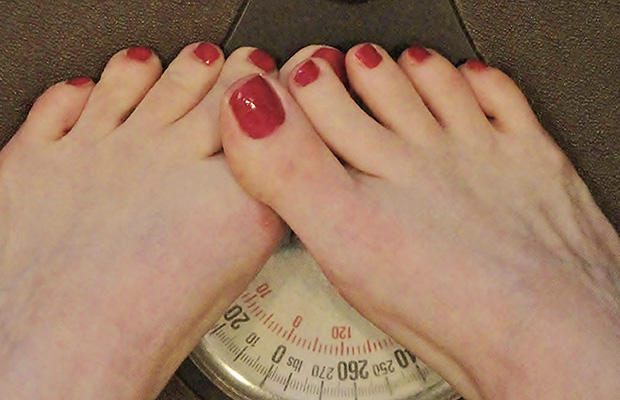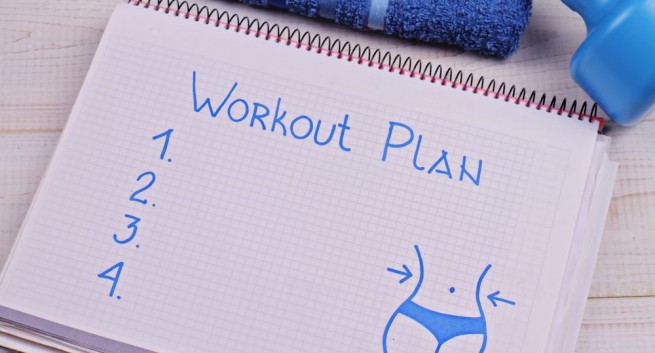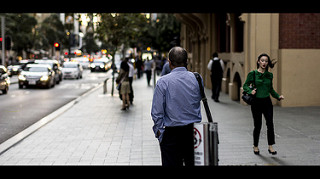Here are four signs you need to rethink your attitude or actions when it comes to your bathroom scale. (Hack your gut bacteria for easier-than-ever weight loss.)
1. You weigh yourself twice a day.
"After the first check-in, you're not going to get any additional helpful information," says Holly Wyatt, MD, an associate professor of medicine at the University of Colorado, Denver. A better plan: "Weigh in weekly and chart the numbers to watch for a pattern," suggests Kristine Clark, PhD, RD, an assistant professor of nutrition at Pennsylvania State University. You want to be on guard for troubling trends. But your weight can fluctuate by 5 pounds in either direction depending on how much salt you swallowed yesterday, or when you last went to the bathroom. So too-frequent weigh-ins aren't really helpful.
2. You focus on one number.
The number on your scale is only one measure of acceptable weight loss; there are things the scale can't tell you. More and more research shows the fat around your midsection is the kind you really have to worry about. Use a string and a tape measure to record the distance around your body at your belly button, Clark advises. As long as that number stays the same or drops, there's nothing to freak out about.
3. You have scale-on-the-brain.
"Dieters tend to be compulsive," says Franca Alphin, RD, director of nutrition services at Duke University. If nonstop thoughts about when, where, and how to weigh yourself have taken up permanent residence in your brain, it's time to back away from your scale and focus on other stuff. After all, research shows lasting weight loss tends to be gradual, not abrupt. Whether or not you gained or lost a pound today has little to do with whether your weight is trending in a healthy direction.
4. You avoid the scale altogether.
 Photograph by Pixel-Productions/Getty Images
Photograph by Pixel-Productions/Getty Images
Hiding from your scale also comes with consequences, Clark says. "I had a patient who had lost 60 pounds in a year, but then he stopped weighing himself," she recalls. "The last time I saw him, he'd gained back 20 pounds." She recommends asking yourself, "Do my clothes fit the way I want them to?" and "Can I walk a mile without getting out of breath?" If the answers are yes, you probably don't need to step on a scale. If you answered no, weighing yourself at least once a week—and keeping track of those numbers—can help you stay on top of unhealthy weight gain.




